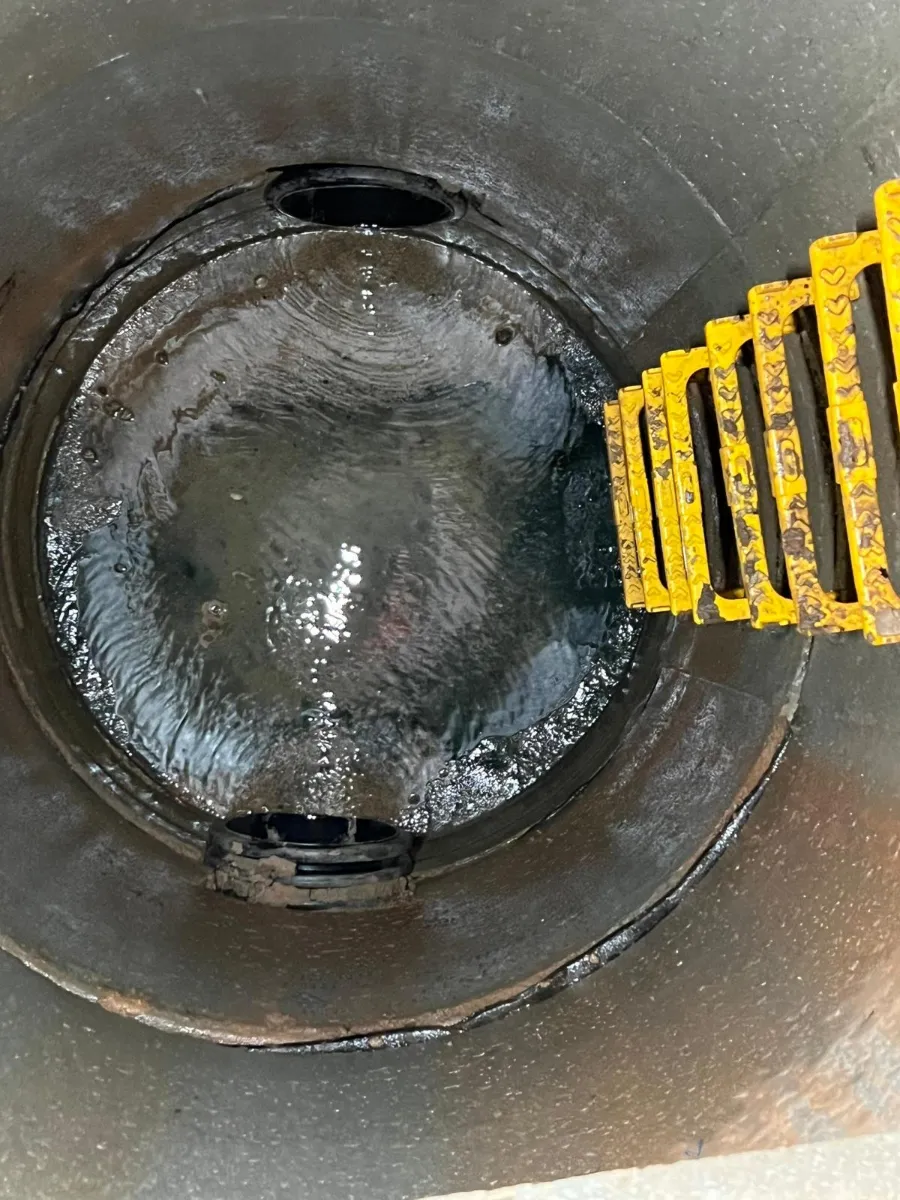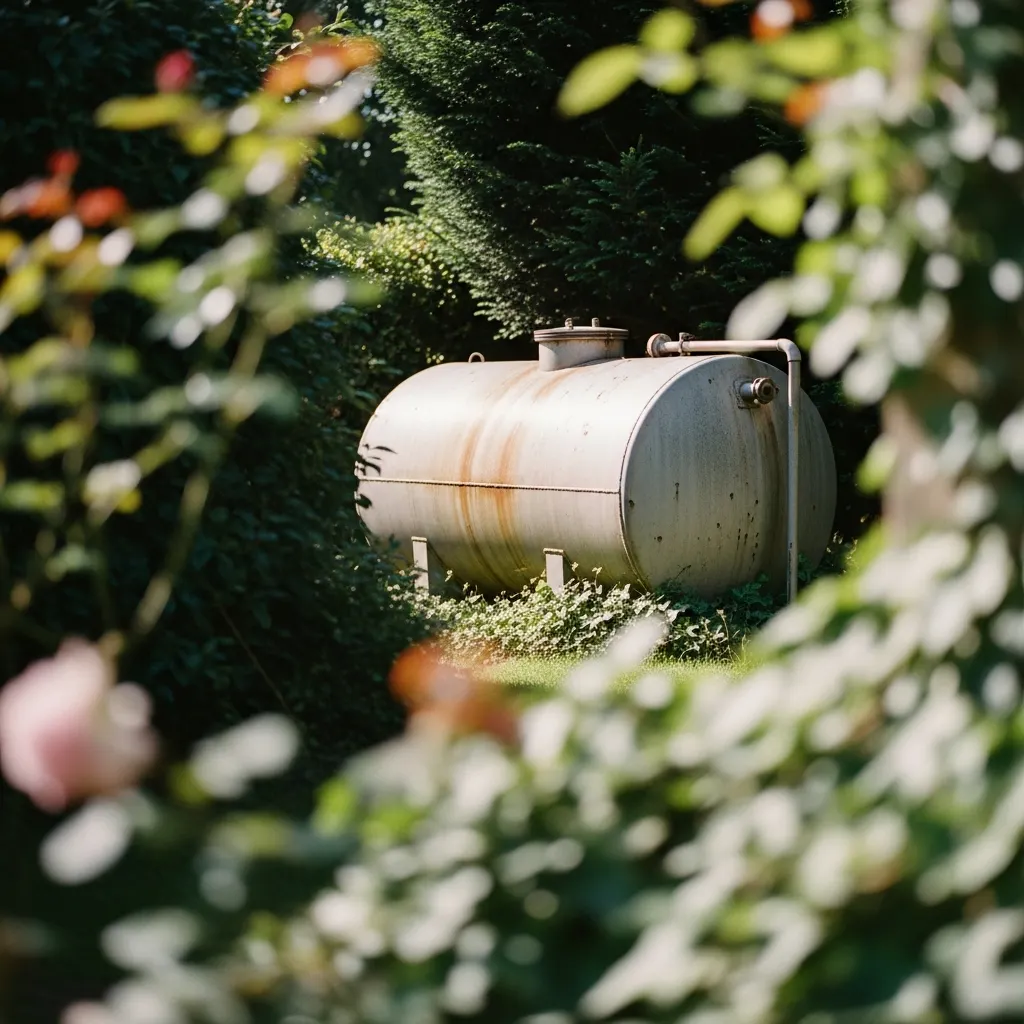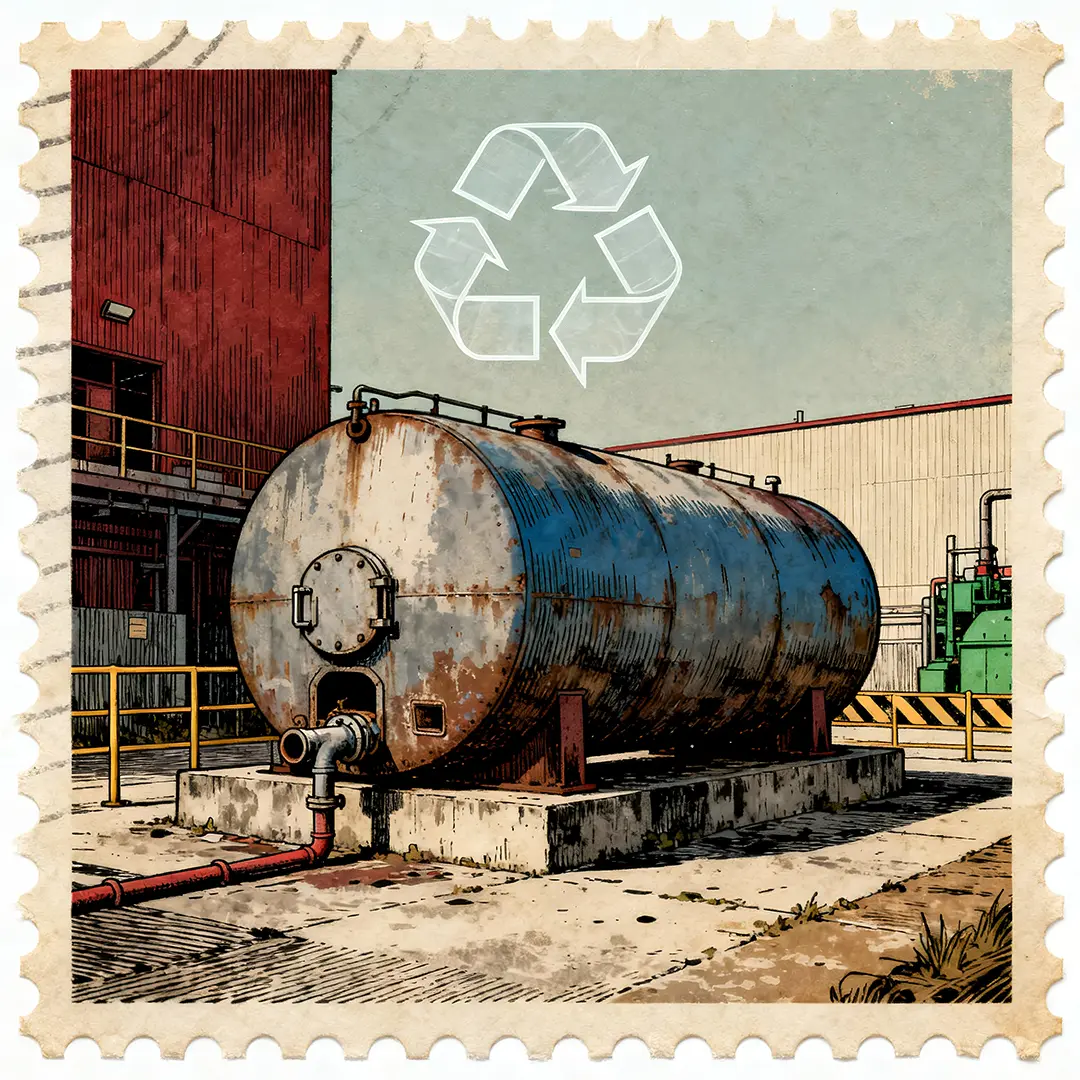In the oil and gas world, storage is key to operational excellence. Industrial storage tanks, especially those holding oil, gas and other petroleum products, need to be cleaned regularly for optimal performance and safety. At Bio Clean Jetting, we use the latest technology and industry knowledge to deliver tank-cleaning solutions that keep you operational.
Why You Need a Tank Cleaning Service
Storage tanks in the oil and gas industry have many challenges that can affect their performance and safety. Contamination builds up over time and causes big problems. Here are the reasons why you need tank cleaning:
Sediment Build-up
Fuel particles and external contaminants settle to the bottom of the tank, reducing the effective capacity and can cause big problems with your fuel delivery systems and lead to equipment failure and downtime.
Moisture Issues
Water, whether from condensation or external sources, is the biggest threat to tank integrity. Water can:
- Corrode tank walls and components faster
- Create conditions for biological contamination
- Degraded fuel quality and performance
- Damage connected equipment and systems
Biological Contamination
Organic matter, water and temperature create an environment for microorganisms to grow. This biological activity can cause:
- Biomass to clog filtration systems
- Corrosive by-products
- Fuel quality degradation
- More maintenance

Our Tank Cleaning Methodology
Bio Clean Jetting uses a methodical, technology-based approach to tank cleaning that removes contamination whilst maintaining the highest level of safety:
1. Initial Assessment
We start with a full tank system inspection. We use advanced diagnostic tools to:
- Test for contamination
- Check for damage
- Record conditions
- Create a plan
2. Content Removal
We use a planned approach to remove the remaining fuel and contamination:
- Specialised pumping equipment
- Spill containment
- Material handling and storage
- Environmentally friendly
- Vacuum removal of debris
3. Quality Control
After cleaning, we do a full quality check:
- Visual inspection
- Surface testing
- System test
- Report of results
4. Environmental Compliance
We comply with environmental regulations throughout:
- Waste classification and management
- Licensed disposal
- Documentation
- Environmental minimisation

Business Benefits of Tank Cleaning
Using Bio Clean Jetting for your tank cleaning gives you:
Operational Efficiency
- Fuel maintenance
- System protection
- Save equipment wear
- Less maintenance
Risk Management
- Comply with regulations
- Avoid environmental incidents
- Avoid fines
- Keep compliance
Savings
- Extend the life of equipment
- Save maintenance costs
- No downtime
- Fuel optimisation
Environmental
- Comply
- Minimise
- Meet corporate targets
- Best practice
Choose Bio Clean Jetting
With our focus on quality and technology, Bio Clean Jetting is your go-to for industrial tank cleaning. Our experienced team, top of the line equipment and total process approach means your storage tanks will be performing at their best and meet all safety and environmental requirements.
Contact us today to learn how our industrial tank cleaning services can enhance your operations and protect your valuable assets.
AVAILABLE THROUGHOUT:
ENGLAND
- Avon
- Bedfordshire
- Berkshire
- Buckinghamshire
- Cambridgeshire
- Cheshire
- Cornwall
- Cumbria
- Derbyshire
- Devon
- Dorset
- Durham
- Essex
- Gloucestershire
- Greater London
- Greater Manchester
- Hampshire
- Herefordshire
- Hertfordshire
- Kent
- Lancashire
- Leicestershire
- Lincolnshire
- Merseyside
- Norfolk
- Northamptonshire
- Northumberland
- Nottinghamshire
- Oxfordshire
- Rutland
- Shropshire
- Somerset
- Staffordshire
- Suffolk
- Surrey
- Sussex
- Teesside & NEPIC
- Tyne and Wear
- Warwickshire
- West Midlands
- Wiltshire
- Worcestershire
- Yorkshire
WALES
- Blaenau Gwent (Blaenau Gwent)
- Bridgend (Pen-y-bont ar Ogwr)
- Caerphilly (Caerffili)
- Cardiff (Caerdydd)
- Carmarthenshire (Sir Gaerfyrddin)
- Ceredigion (Ceredigion)
- Conwy (Conwy)
- Denbighshire (Sir Ddinbych)
- Flintshire (Sir y Fflint)
- Gwynedd (Gwynedd)
- Isle of Anglesey (Ynys Môn)
- Merthyr Tydfil (Merthyr Tudful)
- Monmouthshire (Sir Fynwy)
- Neath Port Talbot (Castell-nedd Port Talbot)
- Newport (Casnewydd)
- Pembrokeshire (Sir Benfro)
- Powys (Powys)
- Rhondda Cynon Taf (Rhondda Cynon Taf)
- Swansea (Abertawe)
- Torfaen (Torfaen)
- Vale of Glamorgan (Bro Morgannwg)
- Wrexham (Wrecsam)
SCOTLAND
- Aberdeenshire
- Angus
- Argyll
- Ayrshire
- Banffshire
- Berwickshire
- Bute
- Caithness
- Clackmannanshire
- Dumfriesshire
- Dunbartonshire
- East Lothian
- Fife
- Inverness-shire
- Kincardineshire
- Kinross-shire
- Kirkcudbrightshire
- Lanarkshire
- Midlothian
- Moray
- Nairnshire
- Orkney
- Peeblesshire
- Perthshire
- Renfrewshire
- Ross and Cromarty
- Roxburghshire
- Selkirkshire
- Shetland
- Stirlingshire
- Sutherland
- West Lothian
- Wigtownshire











